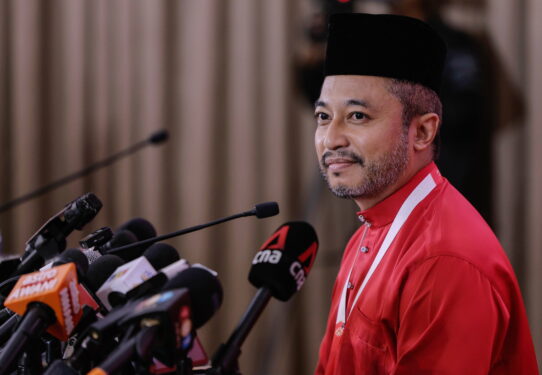By Leonard Yeoh and Nurul Qarirah
THE calls for anti-hopping laws to be enacted in Malaysia are not exactly new. In fact, back in 1976, an opposition leader had proposed an anti-hopping law for the seats of Members of Parliament (MPs) to be vacated if they resign or are expelled from their parties.
Discussions on anti-hopping laws almost inevitably will involve Article 10 of the Federal Constitution (FC). In the case of Dewan Undangan Negeri Kelantan & Anor v Nordin Bin Salleh & Anor, the Supreme Court found that a provision of the state of Kelantan’s constitution was in contradiction with Article 10(1)(c) of the FC, which guarantees the freedom of association. The Kelantan constitution provides for the seat of a member of the Legislative Assembly to be vacated if he/she ceases to be a member of a particular political party. The court found that the freedom of association includes a right to dissociate, and for the state to impose a sanction on practising such rights would be unconstitutional.
Since then, the above case has been cited to argue that anti-hopping laws are unconstitutional. However, one may also argue that Article 10(2)(c) had made provisions for Parliament to enact laws to restrict the freedom of association. Therefore, the case of Nordin Bin Salleh above could be distinguished since the state of Kelantan was seeking to enforce a state law and not a law enacted by Parliament.
It is interesting to note that there is another state in Malaysia that has an anti-hopping provision in its constitution, where a member of the assembly who switches party or an independent member who later on joins a party will have to vacate their seats. Recently, when three assemblymen shifted their allegiance to support another party, they had been urged to vacate their seats as per the state’s constitution. Will this be enforced given the precedent set by the Supreme Court?
Freedom of association at the expense of the people’s mandate
Anti-hopping laws have been touted as essential in ensuring the principles of democracy are upheld. The rationale is that in mass democracies, parties serve the link between voters and politicians. Allowing elected representatives (ERs) who won their seats on the ticket of one party to later on defect to a different party is widely regarded as a betrayal of the electorate’s wishes. Further, such laws would lend to greater political stability and a reduced risk of an elected government being toppled.
However, one must also note that anti-hopping laws, however beneficial, are ultimately a restriction on the freedom of association. While rights are never absolute, any law curtailing fundamental liberties must be defined clearly, applied narrowly and scrutinised closely. Would the law only cover circumstances where ERs resign from their parties, or would it also prevent ERs from voting against the parties’ stance in Parliament or State Assembly? Would there be consequences only to ERs who voluntarily leave their parties, or will it cover those who are sacked by their parties? When some MPs leave their party out of principle after a scandal breaks out, would they then be required to vacate their seats?
Matured democracies
Are anti-hopping laws the best solution to prevent defections and strengthen democracy? It may be better to have laws on recalling elections for specific ERs, which will directly empower the electorates instead of giving absolute powers to the parties. Recall elections had been implemented in matured democracies such as Canada, the Philippines and the US. In the US, petitioners are required to collect a minimum number of signatures within a period of time in order for the recall to qualify. Such laws would allow greater voter participation in democracy instead of them being constrained to casting votes once every few years. Further, ERs would work harder in favour of their constituents for fear of mid-term recalls.
To borrow the words of Salman Rushdie: “What is freedom of expression? Without the freedom to offend, it ceases to exist.” Could the same be said here? One can only surmise. – July 20, 2020
Leonard Yeoh and Nurul Qarirah are advocates and solicitors in Malaysia.










